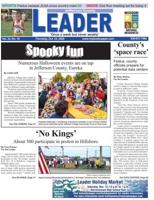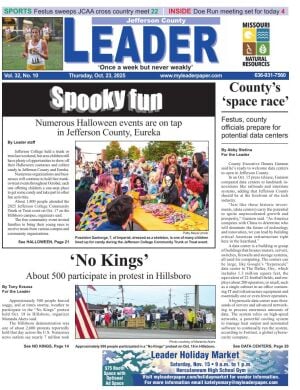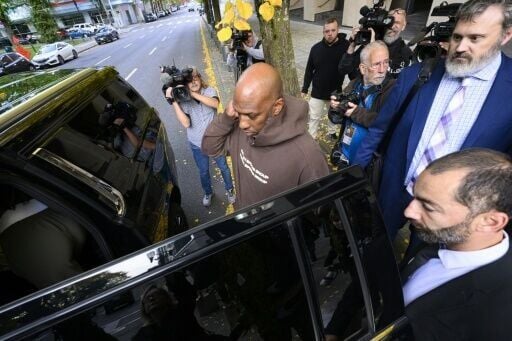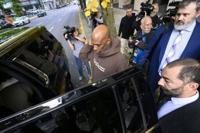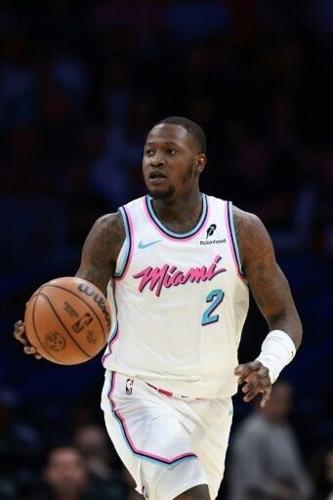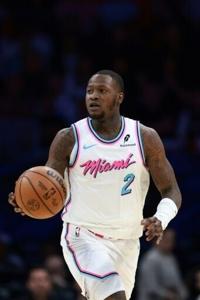US sports leagues rushed to get in on the multi-billion dollar bonanza of legalized betting, but the arrest of an NBA coach and player in two sprawling federal investigations show the potential cost of partnering with the gambling industry.
Portland Trail Blazers coach Chauncey Billups, a former Detroit Pistons star and an NBA Hall of Famer, was arrested for his alleged role in rigged illegal poker games that prosecutors say were tied to Mafia crime families.
Miami Heat guard Terry Rozier was charged with manipulating his play for the benefit of bettors and former NBA player and assistant coach Damon Jones was charged in both cases.
FBI director Kash Patel described "a criminal enterprise that envelopes both the NBA and La Cosa Nostra" and called the scope of the fraud "mind boggling."
But for those who have watched US leagues become increasingly entwined with an exploding sports betting industry it's not necessarily surprising.
"Mobile and smartphone gambling creates this huge accessibility where any of us can access a gambling app wherever we are within seconds," said Dr. Luke Clark, a psychology professor and director of the Centre for Gambling Research at the University of British Columbia in Vancouver.
"I study the psychology of gambling games and gambling harm, and I think a lot about the normalization of gambling in sports, how having a bet on a match might add to the excitement or the sort of fanship of sports.
"We primarily think about that in terms of the fan ... But in this latest story around the NBA arrest, it sort of brings a focus onto the athletes.
"They're doing their jobs in an ecosystem that has become saturated with gambling and betting opportunities within quite a short space of time.
"The teams are partnered with gambling firms, the major leagues are all partnered, players can be sponsored.
"And the ways that gambling information is woven into sports broadcast in terms of the commentary and the odds updates ... the players and coaches are in quite a kind of exposed position here."
Sports wagering in most US states was illegal until 2018 and professional leagues took care to distance themselves from the thriving operations of illegal bookmakers and offshore betting outfits.
But seven years ago the US Supreme Court struck down a 1992 federal law that effectively banned commercial sports betting in most states.
NBA commissioner Adam Silver was among those advocating for the change, writing in a New York Times opinion piece in 2014 that he believed sports betting "should be brought out of the underground and into the sunlight where it can be appropriately monitored and regulated."
It's no surprise that Silver, along with officials of other leagues, have moved to claim their piece of the pie.
The American Gaming Association (AGA), which advocates for the industry and tracks the economic impact of commercial gaming, calculates that year-to-date commercial sports betting revenue through August of 2025 stands at $10 billion -- 18.9 percent higher than the same period last year.
But for the NBA, the indictments unsealed on Thursday taint what should have been a celebratory season-opening week under a new, 11-year, $77 billion media rights deal.
Players across the league expressed shock at the arrests of Billups and Rozier, but they also quickly pivoted to the problem of online buse driven by disappointed bettors.
The prevalance of "prop" bets, in which bettors wager on in-game occurrences such as how many points or assists a player will have -- or even such minutiae as whether he'll make his first three-point attempt -- has changed the way fans interact even as it offers opportunity to manipulate the system.
- Disrespectful to the game -
"We as players feel it a lot when we step on the court," said Chicago Bulls center Nikola Vucevic.
"Before you used to hear 'Vuc, get a win.' Now it's like 'Hey, my parlay is 10 rebounds.'
"Honestly it pisses me off, because it's disrespectful to the game."
Boston Celtics star Jaylen Brown called on the NBA to do more to help players navigate the new landscape.
"It creates a negative discourse around the game and players when people have money involved," he said.
Golden State Warriors star Stephen Curry said Thursday he remained confident "the integrity of the game is fine."
But teammate Al Horford said the league must do more "to protect the players and to be better."
bb/rcw
